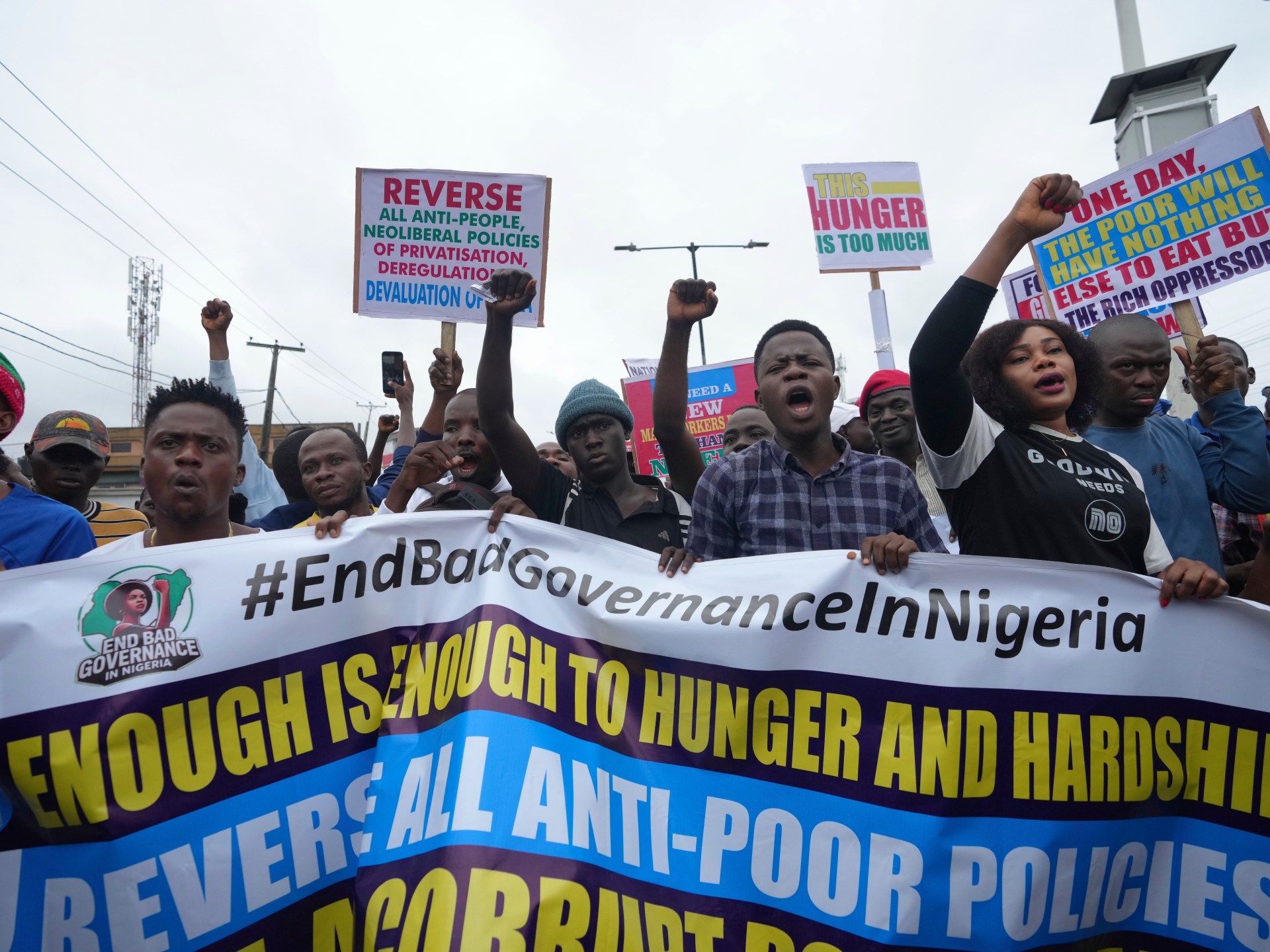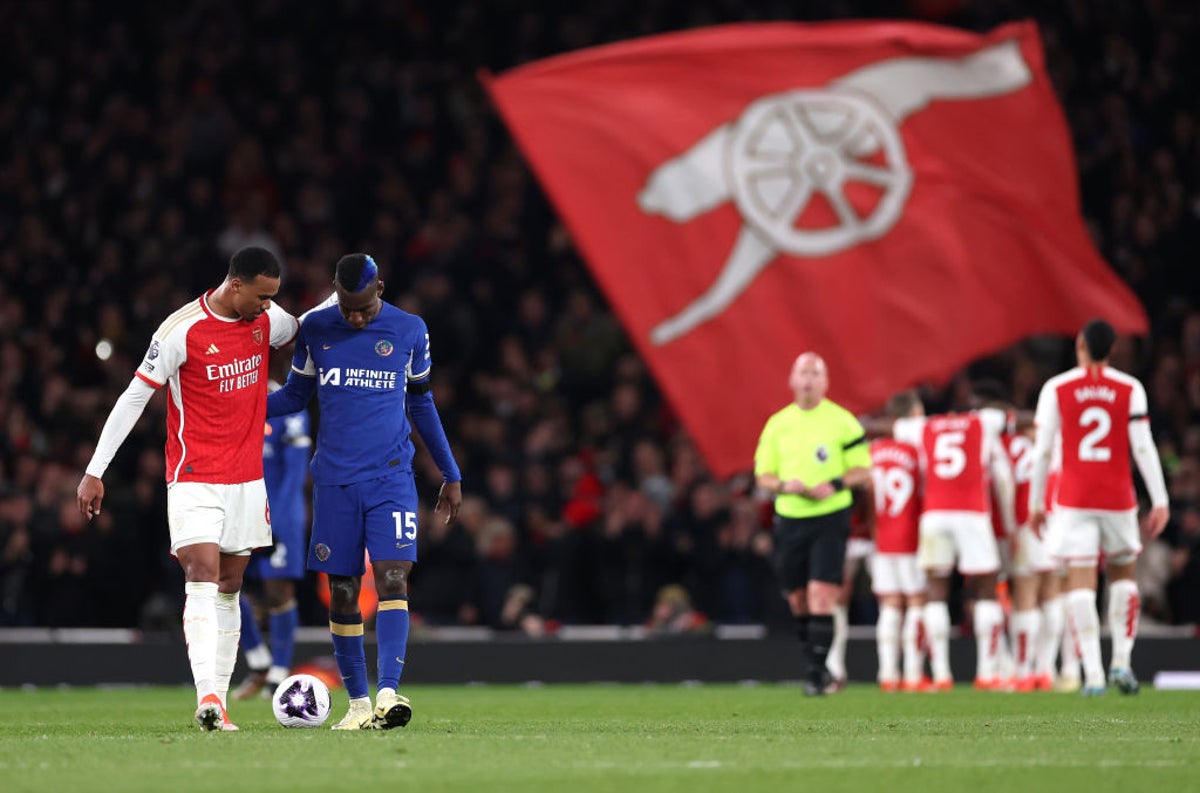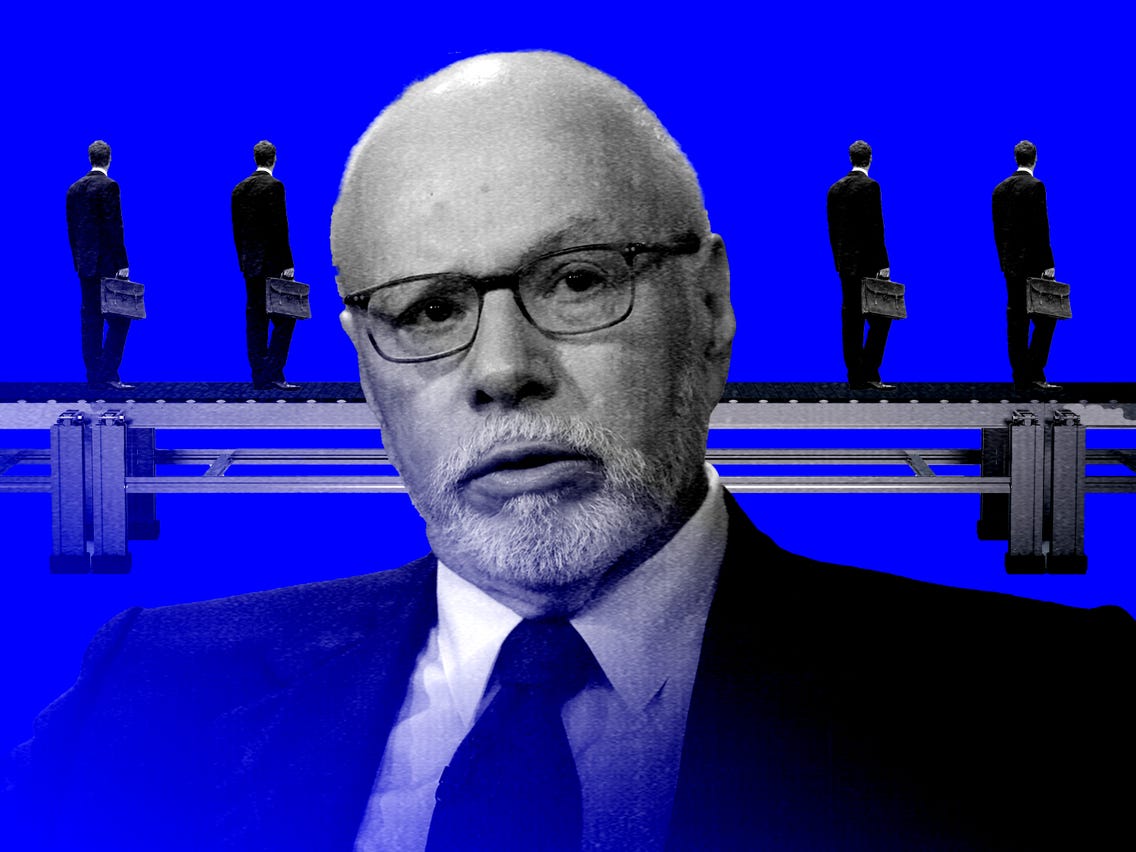Soaring Costs of Living Fuel Protests in Nigeria
Introduction
Nigeria has been grappling with soaring inflation and a plummeting naira, leading to widespread protests against the government’s economic policies. Thousands of demonstrators took to the streets in cities across the country, denouncing the high cost of living and calling for an end to bad governance.
Causes of Economic Crisis
The Nigerian economy has been hit hard by the end of a costly fuel subsidy and the liberalization of the currency. These measures, implemented by President Bola Ahmed Tinubu, were intended to improve the economy but have instead fueled inflation and devalued the naira.
Food inflation is now at 40%, while fuel prices have tripled compared to last year. This has left many Nigerians struggling to make ends meet.
Protests and Violence
The #EndbadGovernanceinNigeria protest movement gained traction through an online campaign. However, officials warned against potential violence, citing recent protests in Kenya that forced the government to abandon new taxes.
In Kano, protesters set fire to tires and clashed with police, who used tear gas to disperse the crowds. Similar incidents occurred in Abuja, where security forces blocked roads and fired tear gas to prevent protesters from reaching a planned protest site.
In Maiduguri, Bauchi state, and several other cities, hundreds of protesters rallied against the government’s policies.
Demonstrators’ Demands
Protesters called for the reduction of fuel prices and an end to bad governance. They accused President Tinubu of corruption, chanting “Tinubu Ole,” which means “thief” in the Yoruba language.
“We are hungry – even the police are hungry, the army are hungry,” said factory worker Jite Omoze. “I have two children and a wife but I can’t feed them anymore,” he added.
Government Response
The Nigerian government has condemned the protests and vowed to maintain law and order. Police have arrested 13 people in Kano and reported pockets of looting and arson. Security forces have also used tear gas and gunfire to disperse crowds.
However, the government has not yet addressed the protesters’ demands or announced any measures to alleviate the economic crisis.
Outlook and Conclusion
The protests in Nigeria highlight the growing frustration among citizens over the high cost of living and the government’s economic policies. The government’s response has been largely repressive, but it remains to be seen whether it will be able to quell the unrest and address the underlying economic issues.
The protests also serve as a warning to other African countries that are facing similar economic challenges. If governments fail to address the needs of their citizens, they risk facing widespread unrest and political instability.



